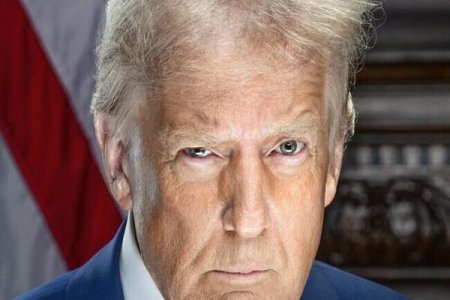
Colombia backs down after facing threats from Donald Trump, agreeing to accept deported migrants. This comes after a dispute where President Gustavo Petro initially refused to accept deportation flights unless migrants were treated with dignity. The situation raised concerns about U.S.-Latin American relations moving forward.
In a dramatic turn of events, Colombia reversed its stance on rejecting deportation flights from the United States after President Donald Trump threatened the country with tariffs and visa restrictions. Colombian President Gustavo Petro had initially vowed to prevent deported migrants from returning unless they were treated with dignity and respect. This led to a heated dispute, with Petro promising retaliatory tariffs up to 50%.
The situation escalated when Trump issued a series of threats, including a 25% tariff on Colombian imports and visa sanctions on government officials. In response, Petro held firm on his position, stating that Colombia could not accept migrants who were not treated well in the U.S.
However, after intense negotiations and under pressure from the U.S., Colombia agreed to accept deportees, including those arriving on U.S. military flights. Colombian Foreign Minister Luis Gilberto Murillo announced the resolution, signaling that the diplomatic impasse had been overcome. The White House hailed the agreement, emphasizing the importance of enforcing immigration policies.
Despite the agreement, analysts warned that Trump’s aggressive tactics could lead Latin American countries to reconsider their dependence on the U.S. for future negotiations, potentially seeking alternative partnerships to reduce vulnerability.



